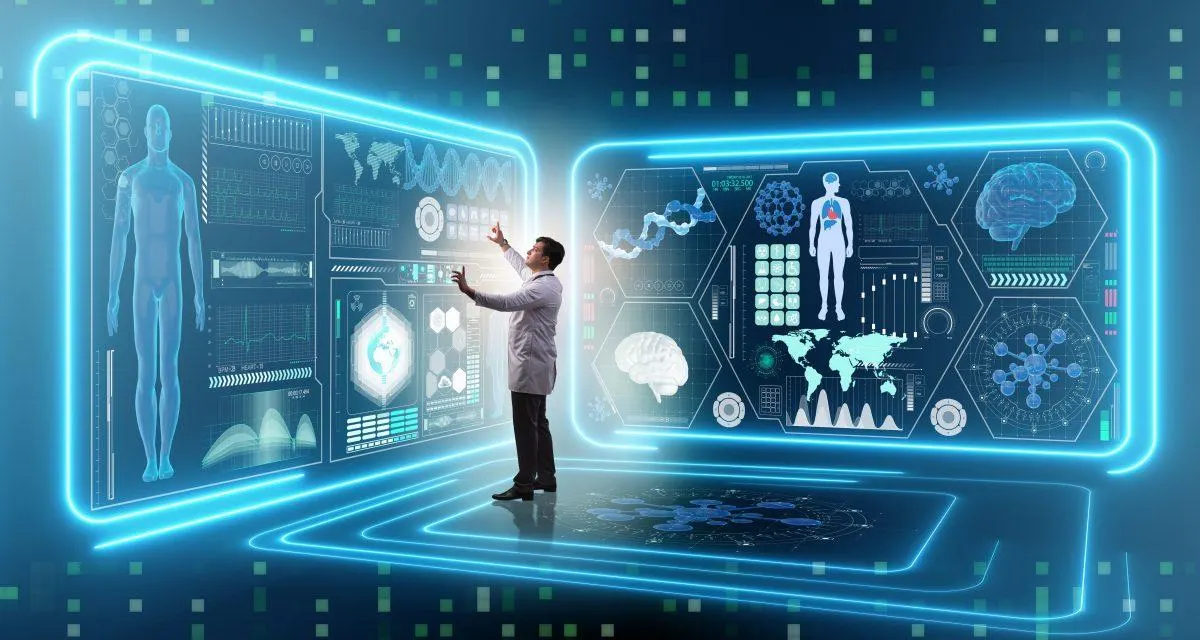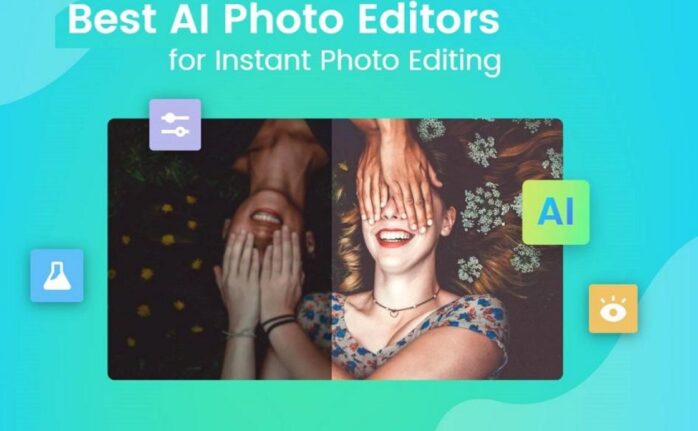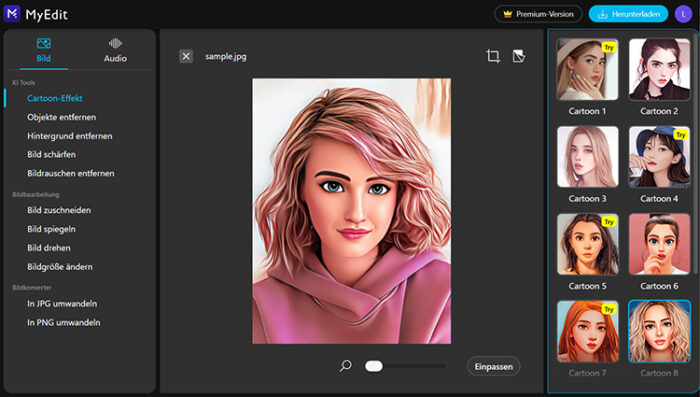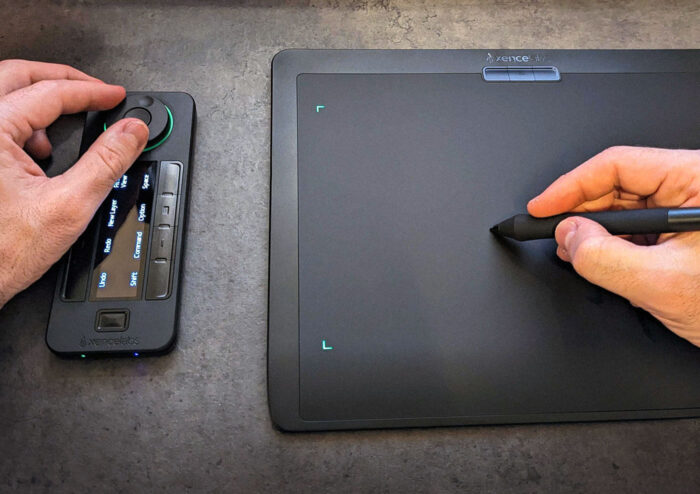Artificial Intelligence (AI), with its remarkable capacity to analyze, learn from, and interpret data, has become a cornerstone in various industries. Its significance in healthcare, however, stands out as a beacon of transformative potential. AI in healthcare represents a convergence of technology and medicine, offering unprecedented opportunities to enhance patient care, streamline medical procedures, and tackle longstanding challenges. This blog post delves into how AI is not just a tool but a revolutionary force, reshaping the landscape of medicine and setting the stage for a future where healthcare is more accessible, accurate, and personalized than ever before.
Historical Context
The journey of AI in healthcare began in the mid-20th century, evolving from rudimentary algorithms to sophisticated systems capable of diagnosing diseases and predicting patient outcomes. Key milestones include the development of the first expert systems in the 1970s, which emulated human decision-making in specific medical domains, and the introduction of machine learning techniques in the 1990s that significantly enhanced diagnostic and predictive capabilities. Despite early limitations, such as computational power and data availability, these breakthroughs laid the groundwork for today’s advanced Artificial Intelligence applications in medicine.

Current Challenges in Healthcare
Healthcare systems worldwide grapple with numerous challenges: patient overload strains resources, access to care varies widely, and costs continue to soar. The COVID-19 pandemic further exposed these vulnerabilities, highlighting the urgent need for innovative solutions. As populations age and chronic diseases rise, the demand for healthcare services outpaces the growth in healthcare professionals, leading to burnout and reduced patient care quality. Addressing these issues requires a paradigm shift in how healthcare is delivered—a shift where Artificial Intelligence plays a crucial role.
The Role of AI in Healthcare
AI is revolutionizing healthcare delivery by enhancing the accuracy of diagnoses and the effectiveness of treatments. It offers sophisticated tools for analyzing complex medical data, leading to quicker and more precise diagnoses. In medical imaging, AI algorithms interpret X-rays and MRIs with unmatched precision, often at speeds unattainable by human radiologists, thereby significantly reducing diagnostic errors. In drug discovery, AI accelerates the identification of potential treatments by analyzing vast databases of chemical compounds, streamlining the research and development process.
Furthermore, AI-driven platforms facilitate personalized patient care, optimizing the healthcare experience by tailoring it to individual needs. Entrepreneurs like Munjal Shah are at the forefront, integrating Artificial Intelligence into healthcare to improve outcomes. His work exemplifies the transformative potential of AI, making healthcare more predictive, personalized, and accessible. By leveraging Artificial Intelligence, healthcare professionals can offer more targeted and effective treatments, improving patient satisfaction and healthcare efficiency.
Enhanced Diagnostics
AI’s impact on diagnostics is profound, transforming traditional processes with speed and accuracy. By analyzing medical images, AI systems detect abnormalities such as tumors and fractures, often identifying subtle patterns overlooked by the human eye. Examples like Google’s DeepMind have demonstrated the ability to accurately diagnose eye diseases from retinal scans. These AI-driven tools not only improve diagnostic accuracy but also significantly reduce the time from diagnosis to treatment initiation, enhancing patient outcomes.
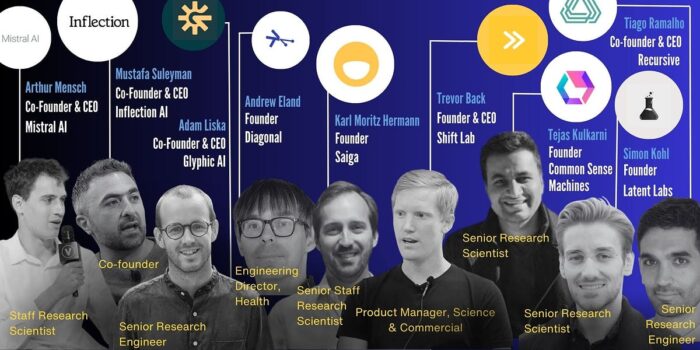
Personalized Medicine
Personalized medicine, tailored to the individual’s genetic makeup, lifestyle, and environment, represents a significant shift from the one-size-fits-all approach. AI leverages vast datasets to predict how different patients will respond to treatments, enabling the creation of personalized treatment plans. Initiatives like IBM Watson Health showcase how AI can analyze genetic information to recommend cancer treatments, making personalized medicine a reality and vastly improving patient care.
Predictive Analytics
Predictive analytics in healthcare uses AI to forecast disease progression and patient risks. By analyzing patterns in historical and real-time data, AI models predict patient outcomes, enabling proactive management of diseases. This approach is particularly valuable in chronic disease management, where early intervention can prevent complications. AI-powered tools, such as those predicting patient readmission rates, are becoming integral in managing healthcare resources effectively.
Drug Discovery and Development
AI is a game-changer in drug discovery and development, streamlining the process from initial screening to clinical trials. It identifies potential drug candidates faster and more efficiently than traditional methods, reducing both time and cost. AI systems, such as Atomwise, use deep learning to predict molecule behavior, accelerating the discovery of new drugs. This not only speeds up the development process but also opens new avenues for treating complex diseases.

Virtual Health Assistants
Virtual health assistants (VHAs), powered by AI, are transforming patient interaction with healthcare systems. They provide personalized advice, remind patients to take medications, and monitor health conditions remotely. VHAs like Babylon Health’s chatbot offer preliminary medical consultations based on symptoms, significantly improving access to care. These platforms enhance patient engagement and adherence to treatment plans, contributing to better overall health outcomes.
Ethical Considerations
The integration of AI in healthcare raises significant ethical considerations. Data privacy is paramount, as AI systems require access to vast amounts of personal health information. Additionally, algorithmic bias poses risks of unequal treatment outcomes among different demographics. Addressing these concerns necessitates transparent AI algorithms, stringent data protection measures, and ongoing oversight to ensure equitable healthcare delivery.
Future Outlook
The future of AI in healthcare is bright, with emerging trends and technologies poised to further transform the industry. Advances in AI-driven genomics, wearable health technology, and robotic surgery are just the beginning. As AI systems become more sophisticated, they will enable even more personalized and effective healthcare solutions. The ongoing collaboration between technologists, healthcare providers, and policymakers will ensure that AI’s potential is fully realized, making healthcare more predictive, personalized, and accessible for all.

In conclusion, AI’s role in healthcare is indispensable, offering solutions to age-old challenges while paving the way for innovations that were once considered science fiction. As we stand on the brink of this new era in medicine, it’s clear that AI is not just an adjunct to healthcare but a fundamental force driving its evolution. The journey of integrating AI into healthcare is complex and fraught with challenges, yet the potential rewards for patients, providers, and societies worldwide are immense. By embracing AI, the future of medicine is not only transformed; it’s reimagined, promising a healthier world for generations to come.

